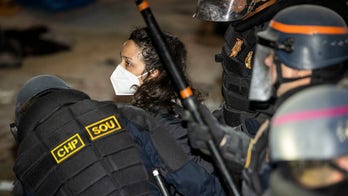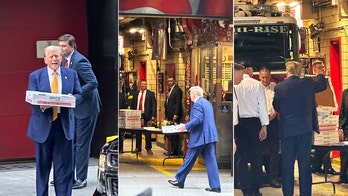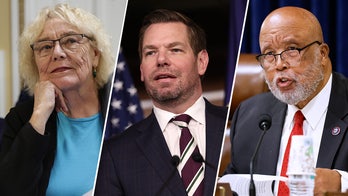When world leaders arrive at Camp David Friday evening to begin the G8 summit, they will add a new chapter to the history of the rural retreat that is an iconic part of the presidential past. The hideaway tucked into the Catoctin Mountains in western Maryland has never hosted a meeting of this magnitude.
"[T]he G8 meeting will be the largest gathering of leaders ever to stay at Camp David," National Security Director Tom Donilon said Thursday. "In fact, this is the first time that there will be more than two heads of state at Camp David."
The White House wants to make the gathering of leaders of some of the world's biggest economies an intimate affair. The leaders will meet around a dinner table in one of the camp's cabins and each will be provided accommodations for themselves and one aide.
Being the first to host the leaders in this type of setting is an idea the president liked as the decision was made to move the gathering from Chicago where some of the leaders will head Saturday night for a NATO summit.
Camp David has hosted two other summits though those were much smaller affairs. In 1978, President Jimmy Carter hosted Israeli Prime Minister Menachem Begin and Egyptian Prime Minister Anwar Sadat for the Camp David Accords and in 2000, President Bill Clinton held a Middle East Peace Summit between Israeli Prime Minister Ehud Barak and Pelestinian Leader Yasir Arafat.
In fact Camp David has hosted more than 50 different heads of state during the 70 years presidents have been coming here but this weekend's G8 summit is the first time President Obama has hosted a world leader there.
This G8 summit comes at a time of transition in leadership of several of nations. Discussions are expected to focus on the world economic crisis with an emphasis on Eurozone troubles as Great Britain, Italy, Germany and France come to the table.
Iran's nuclear ambitions and a drawdown of the war in Afghanistan are also expected to dominate the conversations. The leaders are also expected to talk energy, climate change and food security.




